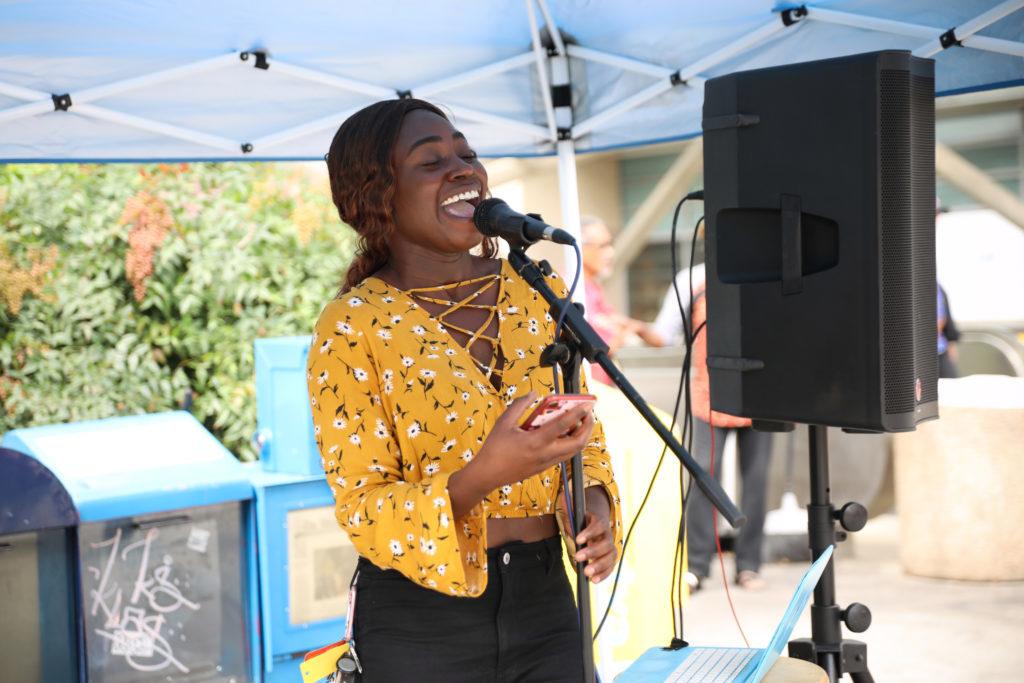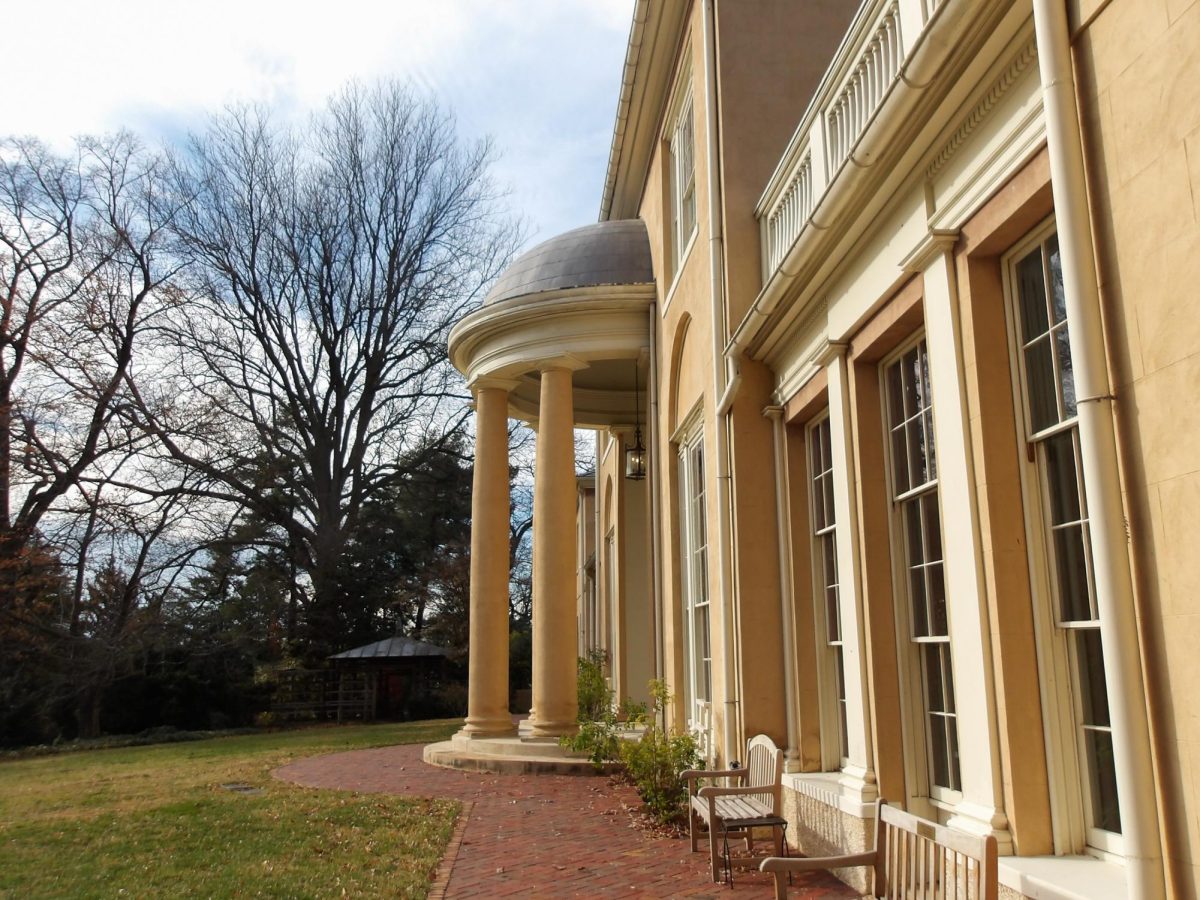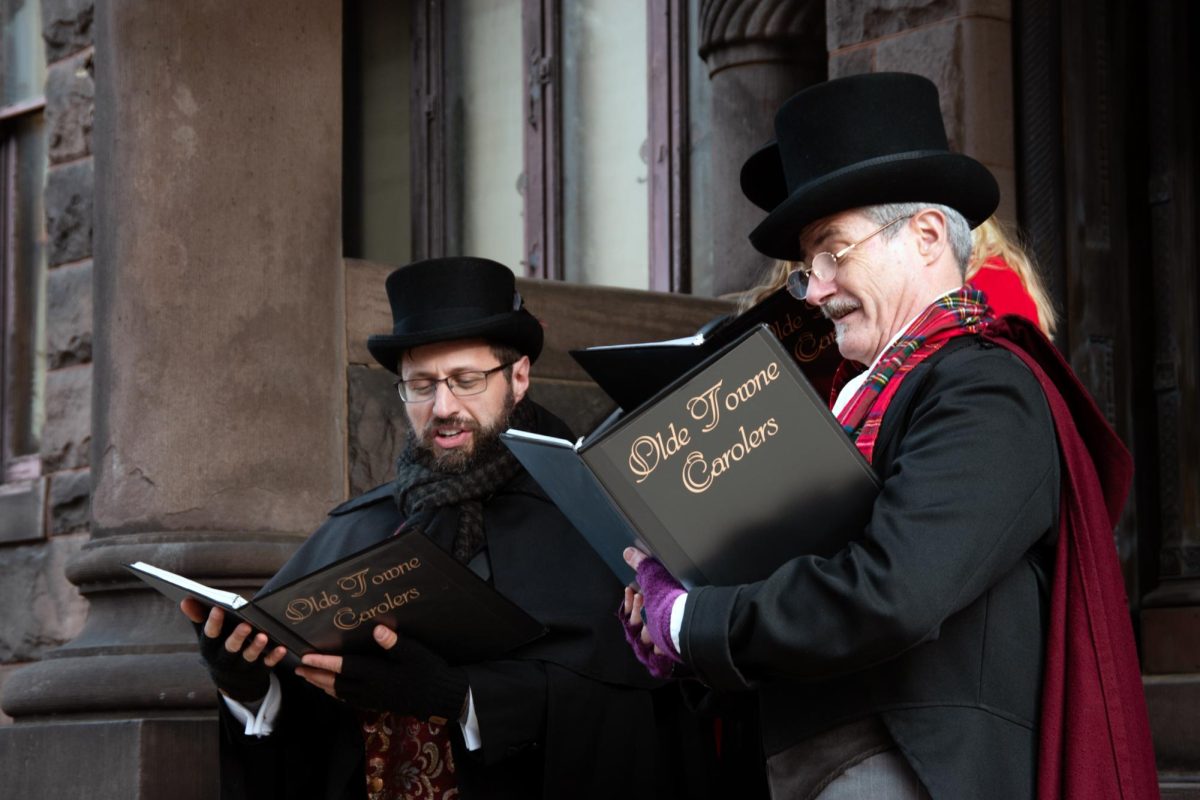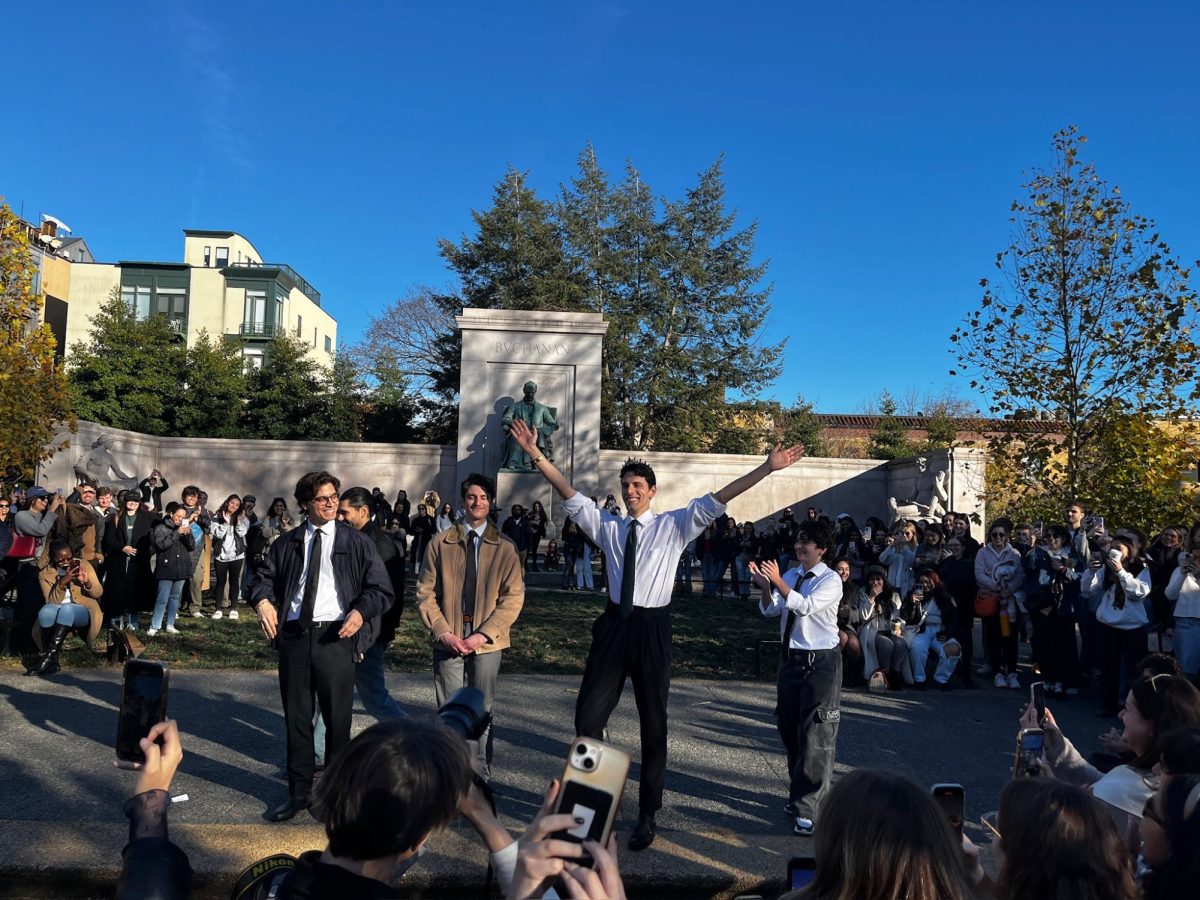Whether you are waking up in Munson Hall, taking the Metro or dropping by Whole Foods, you know the voice of Cariel Coates.
Rather than working a typical nine-to-five job, Coates spends more than seven hours in a day singing at the Foggy Bottom Metro station. Coates said she uses her voice to finance her college education in music therapy at Washington Adventist University in Takoma Park, Md.
“The Metro is one of the places where there is always a lot of people,” Coates said. “You can connect with people from all over, and since it is really close to the universities and really close to the hospitals, Foggy Bottom is one of the best places.”
Before 10 a.m., Coates said she drives to Foggy Bottom and sets up her tent, speakers and microphone by herself. She sings from the morning to the evening, sometimes waving to a commuter as they leave for work and return home on the same day, she said.
“Once I start performing, I get all this energy, I want to entertain, I’m a go-getter,” Coates said. “People leaving work around 6 p.m. will still see me out there from when they took their lunch break at 12 o’clock and they’re like, ‘This girl is still singing.’”
Coates moved to the United States from the Caribbean island Antigua in 2016 on a student visa and has used her Metro performances to help pay her college bills and increase her exposure as a singer. She chose to sing in Foggy Bottom because of its proximity to people from all walks of life, from college students to medical professionals heading to the GW Hospital, Coates said.
She said she was born into a “musical family” and learned the ins and outs of music from her mother and pastor father who often sang at home. She said she taught herself how to sing and play the piano, guitar, drums and violin as a way to express her feelings and her Christian religion.
“I was always playing in church, singing in church so I was accustomed to connecting with people all of the time,” Coates said. “I have not had any formal training, so it’s just God-given talents.”
Coates said she typically performs covers of popular songs and original music, which often includes gospel songs. Coates said she sees her music as a way to communicate with people she does not know, often sparking conversations with people who stop and listen to her.
Coates puts the money earned – which can round up to $1,000 on some days – from performances toward her budget as a college student, she said. In addition to the Foggy Bottom Metro, Coates said she performs in downtown Silver Springs.
“They may be thinking that, ‘I’m just giving because she is talented,’ or ‘I’ll just give her something because her voice is great,'” she said. “But they just don’t understand how much they are actually helping with my career, how much they are helping with the daily needs that I have to provide for myself,” she said.
As a clinical psychology student, Coates said she hopes to use her education to pursue a career in music therapy – a style of therapy that uses music to treat patients suffering from illnesses like depression or post-traumatic stress disorder. Coates said singing helps to express herself as both a “talker” and a “listener” – skills needed to be a sound therapist.
She uses original songs to express her feelings about her life experiences and tries to write about problems like depression and peer pressure in her music and poetry that are relatable to a wide audience, she said.
“You can see how, with one song, a crowd will gather and stop,” she said. “Music on its own has such a great and positive impact.”
Although Coates auditioned for shows like “The Voice,” Coates said her ultimate goal is not worldwide stardom. She said she wants her music to be a positive influence on people’s days and lives.
“You can post something online and somebody can say, ‘Amazing video,’” Coates said. “But having that human connection, to be there in person and literally see how you can put a smile on somebody’s face, those are the types of experiences that you won’t get behind the camera.”
Arielle Ostry contributed reporting.








